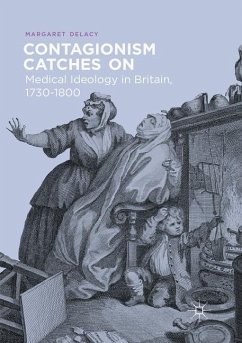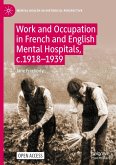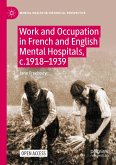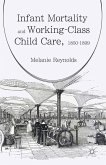This book shows how contagionism evolved in eighteenth century Britain and describes the consequences of this evolution. By the late eighteenth century, the British medical profession was divided between traditionalists, who attributed acute diseases to the interaction of internal imbalances with external factors such as weather, and reformers, who blamed contagious pathogens. The reformers, who were often "outsiders," English Nonconformists or men born outside England, emerged from three coincidental transformations: transformation in medical ideas, in the nature and content of medical education, and in the sort of men who became physicians. Adopting contagionism led them to see acute diseases as separate entities, spurring a process that reoriented medical research, changed communities, established new medical institutions, and continues to the present day.
"The book consists of nine densely packed and detailed chapters, including the introduction and conclusion. ... Each chapter covers new areas in the jagged road leading to contagionism and its competitors. ... DeLacys sources are international, with material in English, Latin, Italian and French. A very careful historian, she notes bibliographical mistakes that scholars have made ... . The source notes contain much of interest and should not be skipped. Margaret DeLacy passed the stimulus test with flying colors." (Shelby Shapiro, The Independent Scholar, Vol. 8, December, 2021)
"This book is a study of a revolution in pathology that occurred in Britain in the second half of the eighteenth century. ... Margaret DeLacy's study is a valuable contribution to the existing literature." (Laurence Brockliss, Isis, Vol. 109 (4), December, 2018)
"This book is a study of a revolution in pathology that occurred in Britain in the second half of the eighteenth century. ... Margaret DeLacy's study is a valuable contribution to the existing literature." (Laurence Brockliss, Isis, Vol. 109 (4), December, 2018)








